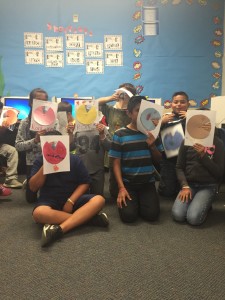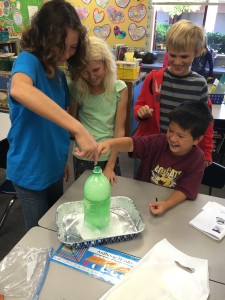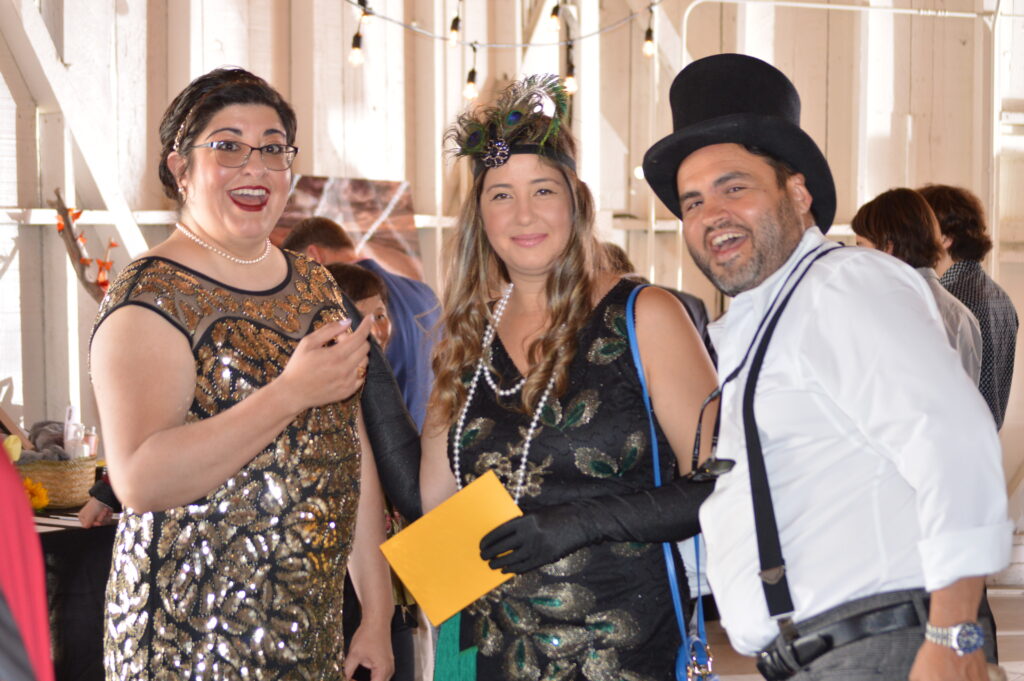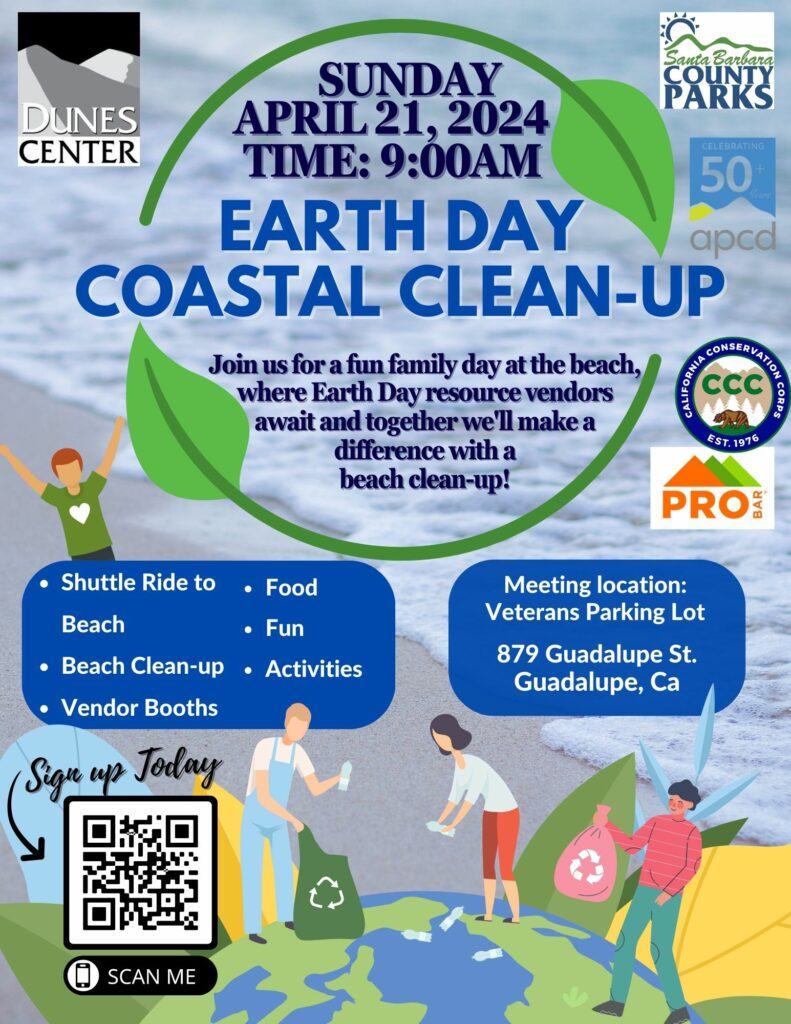
Helping Young Learners Understand the Importance of Geology
I am a third year Environmental Earth Science major at Cal Poly, where the pace is fast, competition is high, and there is hardly any time to stop and let your mind wander. It can turn school into a tiresome, life-consuming chore. As an Education Intern at the Dunes Center, however, I administer an afterschool program to Guadalupe students and get to see the impact creative science exploration has on them.
It is a common blunder of our society to stifle children’s endless curiosity. As they grow up they seem to be taught to accept the way the world is rather than question it. They sit in the car and watch hills pass by, tracing the lines of sediment with their eyes, failing to recognize that something shaped them… they did not appear out of nowhere.
The Dunes Center aims to put an end to this lack of curiosity by cultivating critical thinking about the local landscape through our free afterschool programs. This Fall we are focusing on Geology and honing in on what processes make the land around us the way it is. We aim to get the gears turning for our students—to show them that science is fun and can happen anywhere, not only in the classroom.
I grew up admiring the beauty of the mountains and the interesting shape of the coastlines, but until my studies at Cal Poly, I had never thought about what that same piece of land may have looked like a million years ago. In my 10-year-old mind, the beach must have always been the beach as it looked to me then. The mountain range had always been there. The rolling hills behind my house were merely a nice backdrop. I could have never dreamed that those hills used to be covered by an ocean, or that those mountains resulted from tectonic plates colliding over millions of years.
A better understanding of geologic processes undoubtedly changes the way student’s looks at the world. It makes them wonder what their backyard looked like as the dinosaurs walked across it, or how much rock was needed to erode into those dunes they always play on at the beach. The afterschool Geology programs allow students to get their hands on rocks and discover that the ground is not ‘just dirt’. They explore the complex processes that shape our world such as erosion, weathering, deposition, or continental drift, and are encouraged to think a little deeper about how those processes are at work today.
We hope that through introducing students to the immense amount of fun that comes with learning, we can help foster a new generation of scientists, explorers, and critical thinkers.
- By Hayley Dougan
Upcoming Events
Nipomo, 93444 United States
Newsletter
Our newsletter keeps you up to date with the latest information about our exhibits, upcoming events, and programs.




